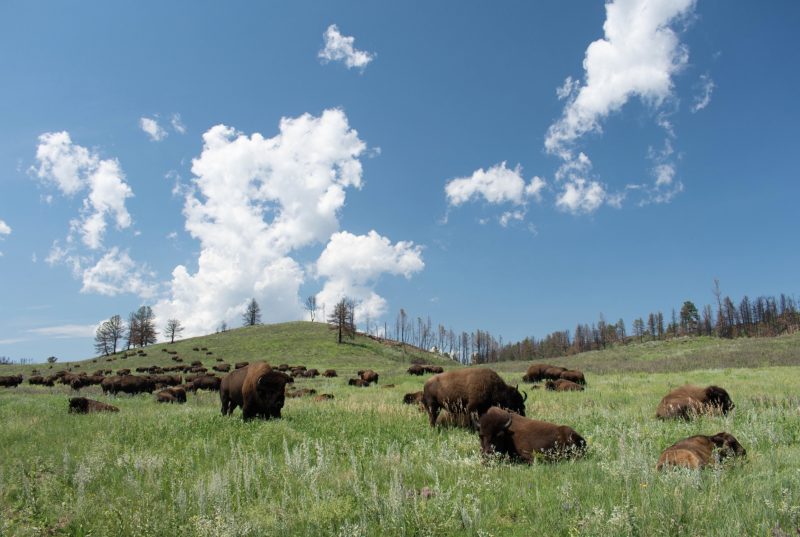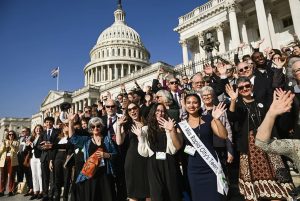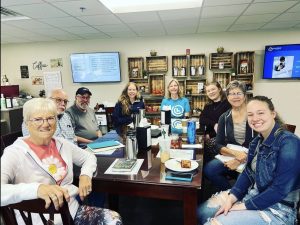
The Black Hills Environmental Coalition (BHEC) began in 2023 when five residents, each involved in different environmental efforts, realized that while many groups were doing important work, they were often operating in silos. Meeting in Rapid City coffee shops, they saw the need for stronger connections among organizations. From Spearfish to Martin, across the sacred Black Hills and prairies, BHEC fosters collaboration ensuring that individual efforts become part of a larger, more effective movement. Sharing resources, knowledge, and strategies, BHEC strengthens initiatives ranging from protecting water from destructive mining to exploring sustainable alternatives for energy and land use. Rather than framing issues as battles, BHEC emphasizes understanding options in a complex world, ensuring people don’t lose what sustains them. In a region facing natural and human-made challenges, such as wildfire risks ranking in the nation’s 90th percentile and flash flood dangers in the Black Hills’ narrow canyon, BHEC cultivates community resilience through weekly gatherings, hands-on projects, social media outreach, and advocacy rooted in education and engagement.

BHEC members from Citizens’ Climate Lobby of the Black Hills lobbying for climate action in Washington, DC, June 2024. Photo: Black Hills Environmental Coalition FB page
With one staff member and more than 70 volunteers – including high school and college students – BHEC continues to grow as a hub for collaboration in an era of rapid environmental and social change. No longer limited to coffee shop meetups, coalition members gather each Monday morning at the Rapid City Library, where they align efforts on issues such as sustainable public land use, water protection, biodiversity, regenerative farming, renewable energy, food sovereignty, and Indigenous cultural revitalization. BHEC encourages everyone to take part, whether by planting trees, participating in cleanups, or learning to conserve water. As co-founder Megan Werpy explains, “When we recognize that our individual efforts are deeply interconnected, we start to see things differently. It’s not about competition – it’s about momentum and synergy. When multiple groups come together, that’s where the magic happens.”

Each Monday morning at 9, coalition members like Community Growth Corporation, Dakota Rural Action, Rapid City Sustainability Committee, and Climate Citizens Lobby gather at the Rapid City Library to understand and support the work of their peers working on environmental issues facing the Black Hills. Photo: Black Hills Environmental Coalition FB page